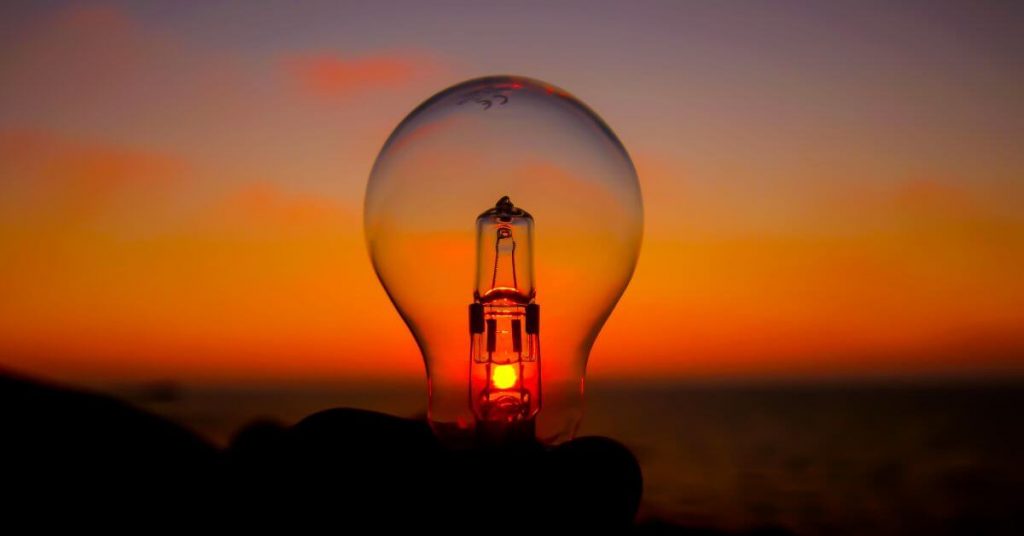Wondering what the solar appointment qualification criteria are for going solar? Read on this blog to find out what they are!
With rising global warming, depleting natural resources, and seeing the enormous benefits of solar, more homeowners and businesses are deciding to switch to solar panels. However, installing solar panels is a lifelong decision and demands a significant initial upfront cost.
Before you say yes to a solar appointment with your future solar contractor, it is imperative to assess certain questions. This will help you know whether your house is a good fit for solar so that you can reap the maximum benefits from it.
To help you with that, we have come up with this blog, in which we will share the key solar appointment qualification criteria.
So, without further ado, let’s dive into them.
Solar appointment qualification criteria before setting up an appointment
The following attributes will help you know whether you are qualified for a residential solar appointment or not.
Property Owner
One of the crucial aspects that can make you an ideal candidate for a solar appointment is whether you are a property owner. That does not mean the renters or the families living on the lease can’t qualify for solar services. It’s just that being a property owner gives you full freedom over the decision of solar panel installation with no third-party interference or whatsoever. Thus reducing the additional paperwork haste from solar contractors and making it convenient for both of them.
Energy bill

“Knowing how much your energy consumption is and how much you pay an average monthly electricity bill” is the first step to evaluating whether you should go solar or not. This is a crucial question to ask.
The households with a higher power bill imply two things: either the electricity rate per unit in their area is alarming or their energy consumption is too high. In both cases, installing panels will help households save a lot on their utility bills. The thumb rule of solar power states that going solar makes most sense when the minimum monthly electricity bill for a home is $75.
On the other hand, if a home’s utility bill is already low, like $40 to $50, then investing in solar panels won’t make much sense. This is because the financial investment would exceed the net savings.
Roof Condition
Your roof condition is the next important parameter to consider that will tell you whether your property is ready for solar panel installation or not. This includes a list of multiple attributes, such as roofing materials and roof condition.
Usually, PV panels work best on roofs constructed with materials such as asphalt shingle or concrete tiles. With materials such as slate tile or composite metal, your roof is still eligible for solar; however, you need to first get it verified or ask the installer whether they have prior experience installing panels on such roofs.
Next, is your roof in good condition or not? Usually, the life expectancy of solar panels falls between 20-25 years. So, if your roof is less than or equal to 10 years old, then your roof would be considered as new. Moreover, whether your roof is new or old, you will get the answer to this question by knowing the roofing materials and the roof age from your roofing service provider. Generally, an asphalt-shingle-manufactured roof has an average lifespan of 30 years. Having a robust roof condition will take away the worry of repairing it in the future and the additional headache of reinstalling the panels.
Furthermore, the area, shape, and slope also determine whether your house would be an ideal place to install panels.
Tree shading
To see whether your home is qualified for a solar appointment or not, it is imperative to check whether your house gets ample sunlight or not. The reason we are saying that is because at times the tree shading on the roof or other objects became obstacles and cast shadows on the roof for almost the majority of the day. This will have a potential impact on the efficiency of solar panels because of their minimal exposure to sunlight.
Although you would make a solar appointment and have your site inspected, you would then get a clearer view of the tree’s shading, slope, and orientation. But for initials, you can get a rough idea of the shadow part.
Utility bill provider
This might not be the direct impacting factor on the solar appointment qualification criteria; however, it could help homeowners know the regulations and incentives that may come along with them. For instance, in some regions, the local utility authorities offer solar rebates and incentive programs like net metering to those who decide to go solar, helping them to cut down on their overall project costs.
On the other hand, in some regions, the utility providers impose restrictions on going solar and levie additional charges on installing panels on their properties. By being aware of the imposing regulations and incentive benefits, a homeowner can make an informed decision on going solar.
Credit Score

According to the EnergySafe report, for homeowners to be qualified for solar, they have to have a minimum credit score of 600 or 650. The reason is simple. Installing residential solar panels demands a significant upfront cost, and having a good credit score provides that financial stability to the installers so that you can commit to the upcoming financial expenses that come along with going solar.
However, if your credit score is on the lower side, it could become challenging for you or your service provider to cover the larger expenses. Even if you look for multiple solar financing options, such as a loan, lease, or PPA, you still need a reliable credit score for solar financing companies to finance your loan.
Also, low-credit homeowners should not get disheartened. There are some other non-traditional solar financing options available on the market. Based on the state-specific location, the government has started some programs to help low-income families invest in cleaner energy and save on bills. For reference, if you are a Californian, there is a single-family affordable solar home program and an energy for all program.
Building Code or HOA approval
Some buildings or homeowner’s associations (HOA) have their own strict standard code of conduct related to solar panel installation. This could be due to the aesthetic disturbance on the neighborhood homes or the overall external deteriorated appearance. However, most buildings or HOAs allow them while going through the necessary approval or permit process for solar panel installation, while some stay rigid within their stated rules. Therefore, it would be wise to be aware of the HOA’s guidelines, making it an important key solar appointment qualification criteria.
Bottom Line
So, the aforementioned were the key qualified criteria for a homeowner’s solar appointment, knowing that the meeting would be an ideal match for their individual needs or not.
Additionally, there are several other factors, like the presence of your partner during the appointment so that you both have all your concerns or questions answered, are eligible for federal and state solar programs, and how much they are willing to invest.
All these attributes will help households realize the greatest benefits of going solar. Thus, helping in making them qualify or disqualify for a solar appointment.




